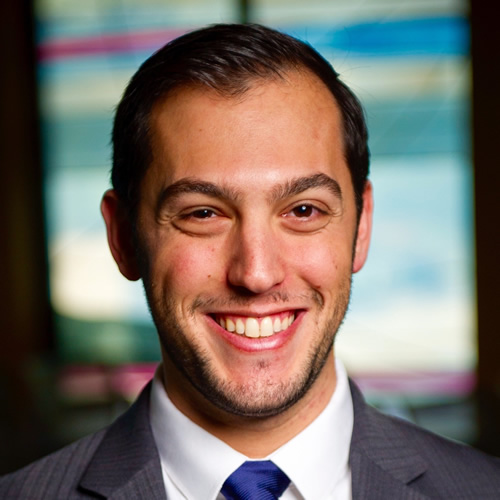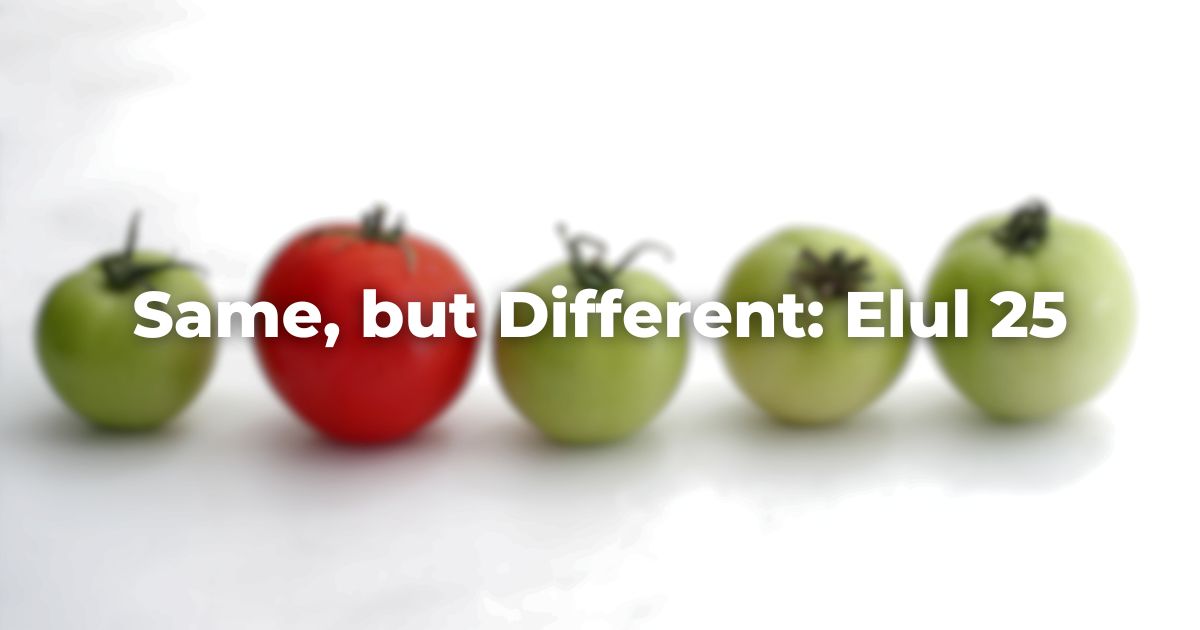Teshuvah is not about reliving the past; it is about reshaping the future. Maimonides teaches that real repentance comes when we face the same situation again and act differently (Mishneh TorahRefers to the first five books of the Hebrew Bible, the Tanakh, also called the Five Books of Moses, Pentateuch or the Hebrew equivalent, Humash. This is also called the Written Torah. The term may also refer to teachings that expound on Jewish tradition. Read more, Hilchot Teshuvah 2:1). We cannot change yesterday, but we can choose what tomorrow looks like.
What situation do you want to meet differently this year? How can you orient yourself in a new direction?
Kavanah: Imagine the new response you want to bring.
Explore the full Elul intentions here.
Authors
-

Exploring Judaism is the digital home for Conservative/Masorti Judaism, embracing the beauty and complexity of Judaism, and our personal search for meaning, learning, and connecting. Our goal is to create content based on three core framing: Meaning-Making (Why?), Practical Living (How?), and Explainers (What?).
View all posts -

Rabbi Jeremy Markiz is a teacher and consultant. Based in the Washington, DC area, he teaches the Torah of personal growth, meaning and intentionality, and making the world a better place. He writes a newsletter called, With Torah and Love. Rabbi Markiz helps clergy, congregations, and Jewish organizations grow and communicate clearly in the digital world, develop effective strategies, and solve problems with his consulting firm, Next Level Rabbinics.
View all posts




